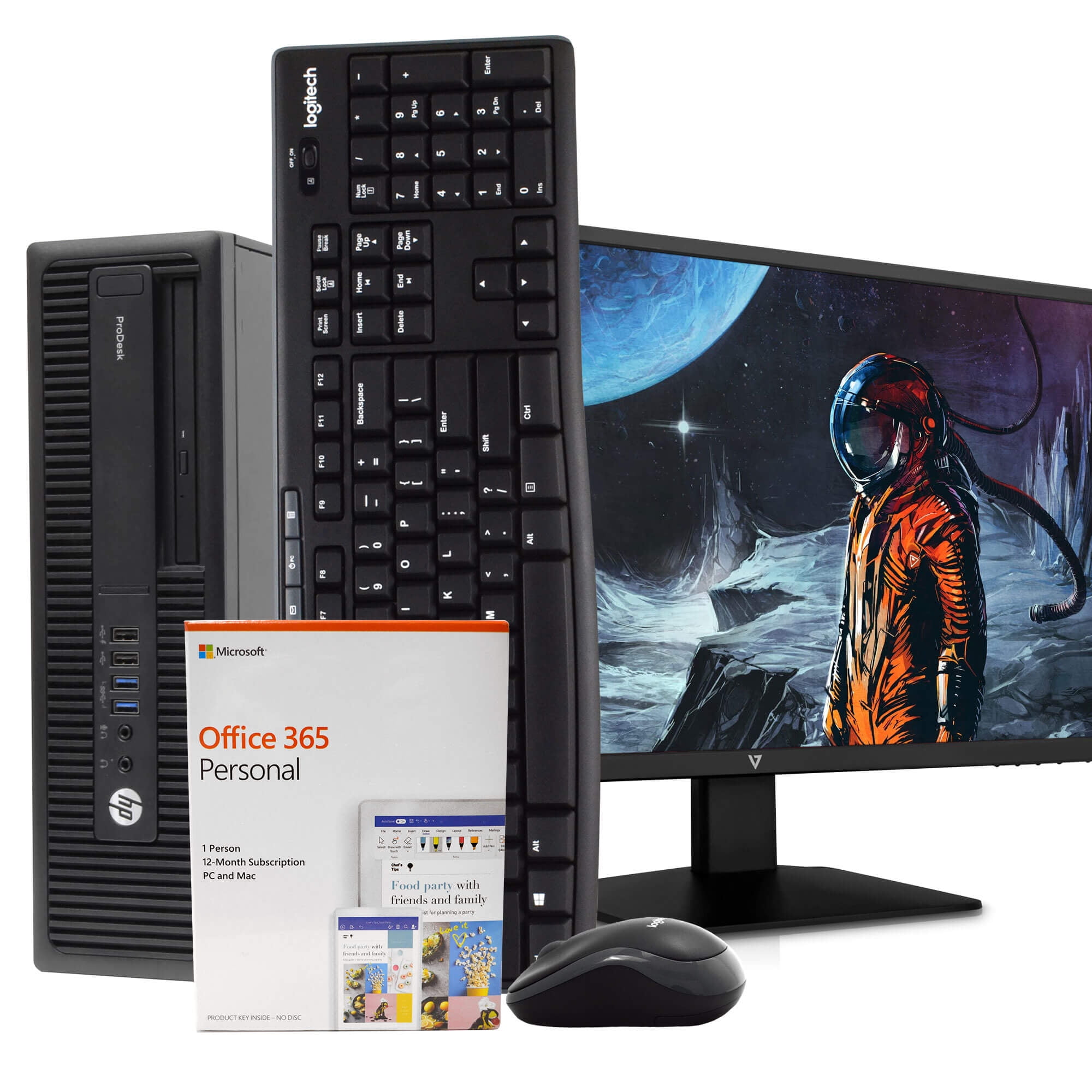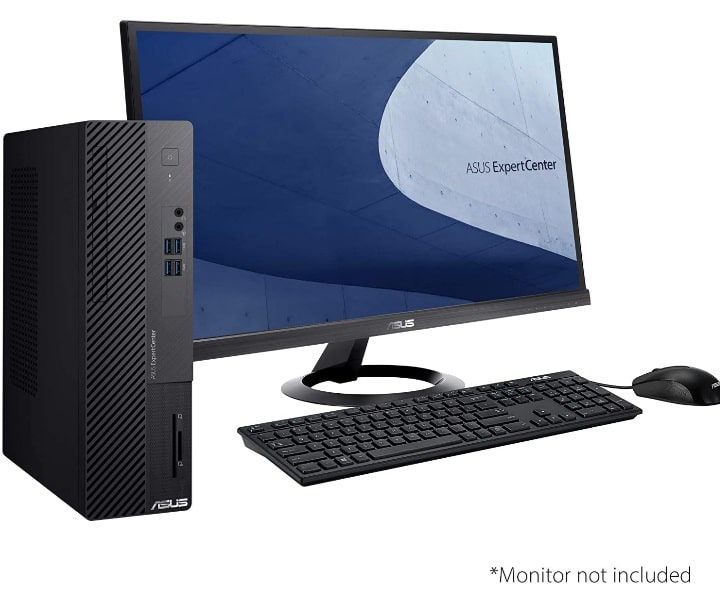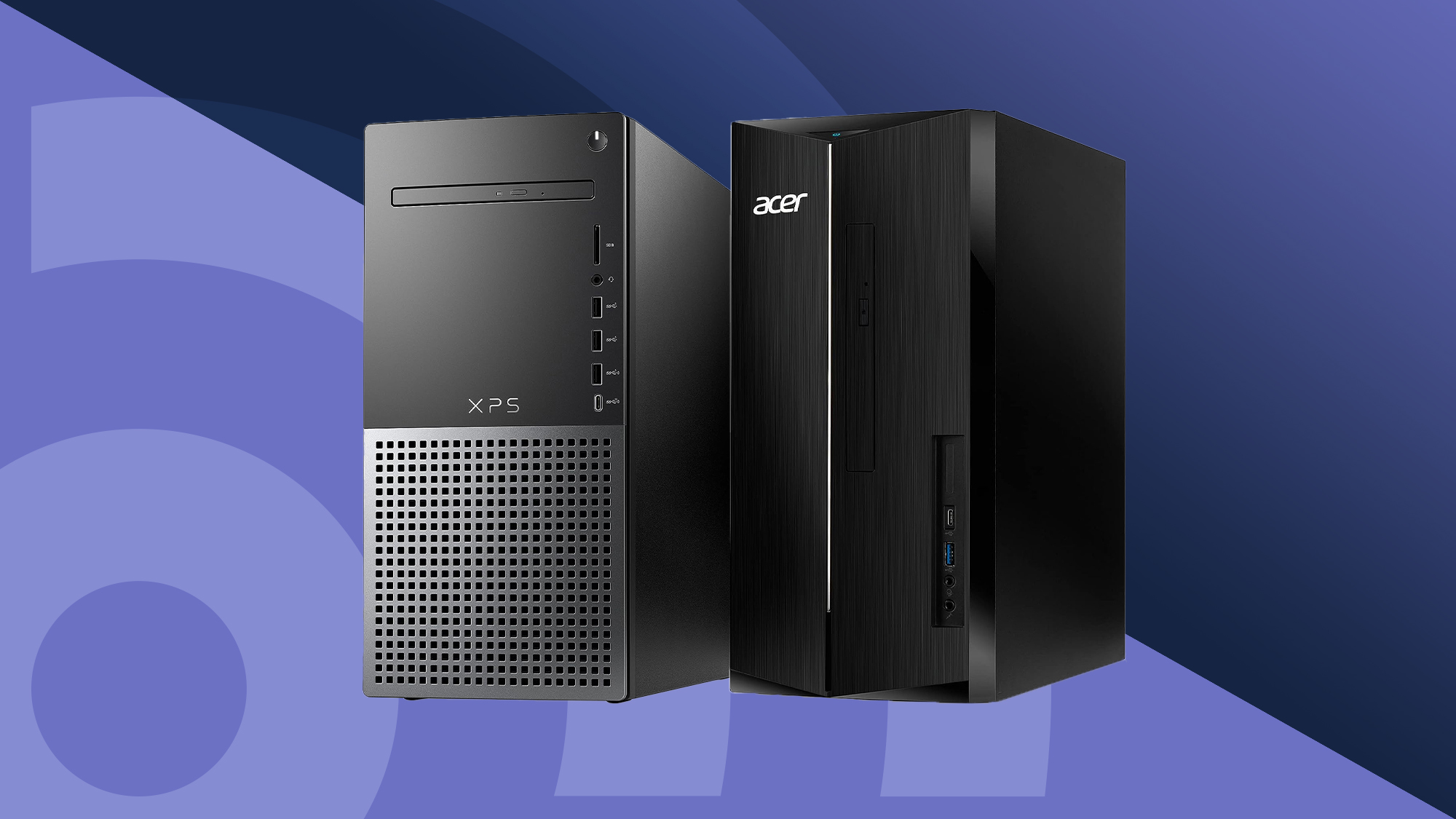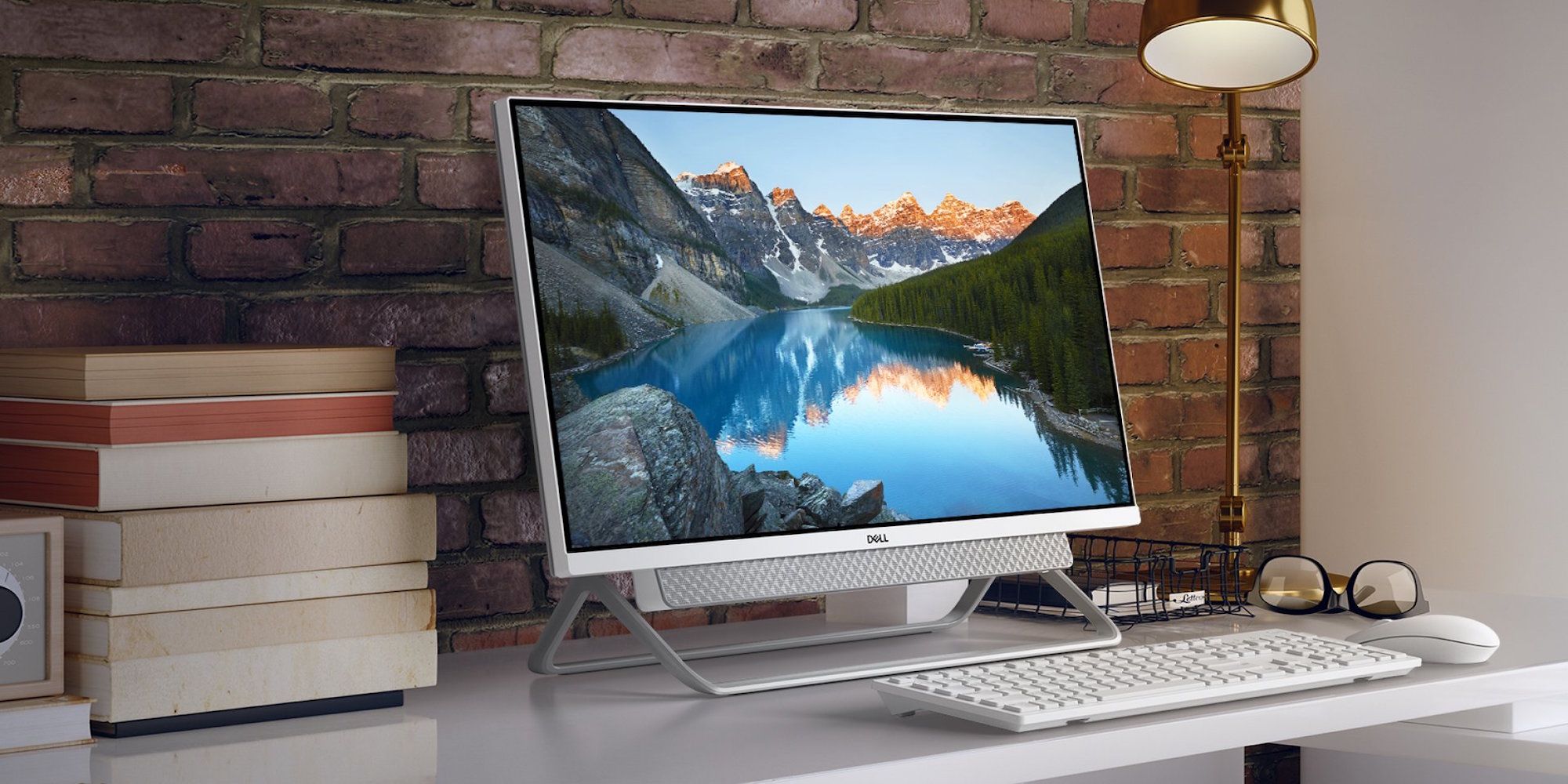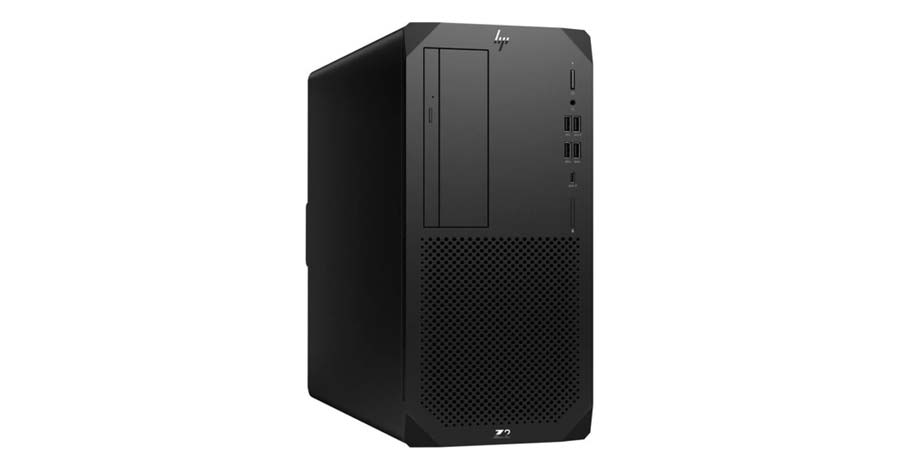Best Business Desktop Computer
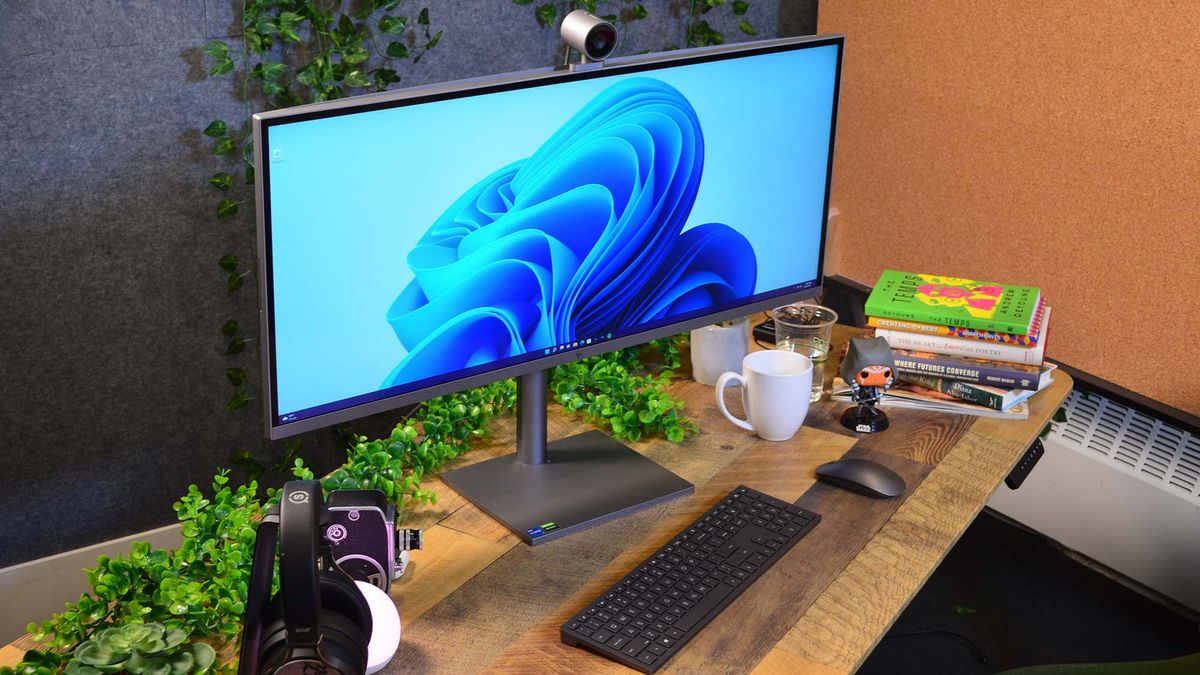
Starting a business is exciting, but setting it up requires careful planning. One crucial aspect is choosing the right desktop computer. This guide is designed for first-time business owners who need a reliable machine without breaking the bank.
Why does your business desktop matter? Because it's the engine powering your daily operations. It impacts everything from productivity to data security, making the right choice a critical investment.
Top 5 Business Desktop Computers: A Quick Comparison
Here's a snapshot of some leading contenders. Consider this your initial reconnaissance before diving into the specifics.
| Model | Price (USD) | Processor | RAM | Storage | Warranty |
|---|---|---|---|---|---|
| HP ProDesk 400 G9 | $650 | Intel Core i5 | 8GB | 256GB SSD | 1 Year |
| Dell OptiPlex 3000 | $600 | Intel Core i3 | 8GB | 256GB SSD | 1 Year |
| Lenovo ThinkCentre M70q | $700 | Intel Core i5 | 8GB | 256GB SSD | 1 Year |
| Apple iMac (24-inch) | $1300 | Apple M1 | 8GB | 256GB SSD | 1 Year |
| Acer Veriton X2690G | $550 | Intel Core i3 | 8GB | 256GB SSD | 1 Year |
Detailed Reviews
HP ProDesk 400 G9: The Reliable Workhorse
The HP ProDesk 400 G9 is a solid choice for most small businesses. It offers a good balance of performance and affordability. The Intel Core i5 processor handles everyday tasks with ease.
The compact design saves space, and the multiple ports offer excellent connectivity. However, the integrated graphics aren't ideal for demanding visual tasks.
Dell OptiPlex 3000: Budget-Friendly Business
The Dell OptiPlex 3000 is a great option if you're on a tight budget. It provides sufficient performance for basic office tasks. Expect responsive performance thanks to its SSD storage.
While it's affordable, it may struggle with resource-intensive applications. The integrated graphics limits its use to standard office work.
Lenovo ThinkCentre M70q: Tiny Powerhouse
The Lenovo ThinkCentre M70q is a mini PC that packs a punch. Its small form factor makes it ideal for space-constrained environments. The Intel Core i5 processor ensures smooth multitasking.
Despite its size, it offers ample connectivity. Upgradability is limited due to its compact design.
Apple iMac (24-inch): Style and Performance
The Apple iMac (24-inch) is known for its stunning display and sleek design. The Apple M1 chip delivers exceptional performance and energy efficiency. It's a good choice for businesses that prioritize aesthetics and creativity.
However, it comes at a higher price point than comparable Windows-based desktops. Upgradability is limited, and software compatibility may be a concern for some businesses.
Acer Veriton X2690G: The Entry-Level Option
The Acer Veriton X2690G is a budget-friendly desktop suitable for very basic tasks. Powered by an Intel Core i3 processor, it's an adequate machine for simple office work.
While inexpensive, its performance may be lacking for more demanding applications. This is really an entry level option.
Used vs. New: Weighing the Options
Buying a used desktop can save you money upfront. However, it comes with risks. Let's examine the pros and cons.
- Used - Pros: Lower cost, environmentally friendly.
- Used - Cons: Limited warranty, potential for hidden issues, shorter lifespan.
- New - Pros: Full warranty, latest technology, longer lifespan.
- New - Cons: Higher initial cost, faster depreciation.
Buying new gives you peace of mind with a full warranty. Used computers may have unknown issues.
Reliability Ratings by Brand
Some brands have a reputation for reliability. Consider this when making your decision.
HP and Dell are often cited for their durability and robust design. Lenovo's ThinkCentre line is known for its build quality. Apple products generally have excellent hardware, but repairs can be costly. Acer often provides budget options, which may reflect in the longevity of the product.
These are general observations, and individual experiences may vary. Check customer reviews for specific models.
Checklist: 5 Must-Check Features Before Buying
Before you commit, make sure to assess these key features:
- Processor: Choose a processor that meets your workload demands. Consider Intel Core i5 or higher for most business tasks.
- RAM: 8GB of RAM is a minimum. 16GB is preferable for multitasking and demanding applications.
- Storage: Opt for an SSD (Solid State Drive) for faster boot times and application loading. A 256GB SSD is a good starting point.
- Ports: Ensure the desktop has enough ports for your peripherals. Consider USB-A, USB-C, HDMI, and Ethernet ports.
- Warranty: A longer warranty provides peace of mind. Check the terms and conditions carefully.
Key Takeaways
Choosing the best business desktop computer depends on your specific needs and budget. Consider the processor, RAM, storage, ports, and warranty. Weigh the pros and cons of buying used vs. new.
Research different brands and models. Read reviews to understand the experiences of other users. Don't hesitate to ask for recommendations from trusted sources.
By carefully considering these factors, you can make an informed decision. You can find a desktop computer that will power your business for years to come.
Ready to Choose?
Now that you have a better understanding of your options, it's time to start your search. Visit the websites of the manufacturers mentioned above. Explore online retailers and compare prices. Start building a short list of options!
Don't be afraid to contact customer support with specific questions. Your business deserves the best possible technology. Good luck!







